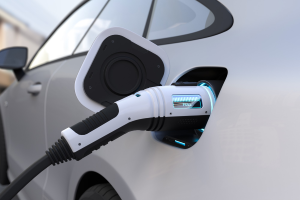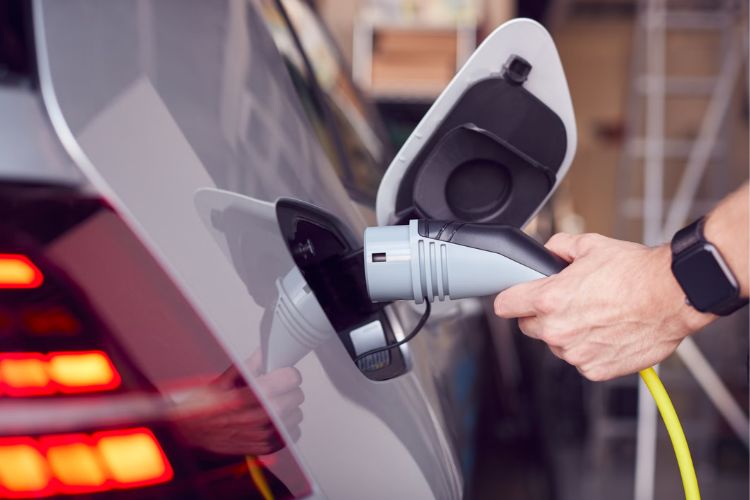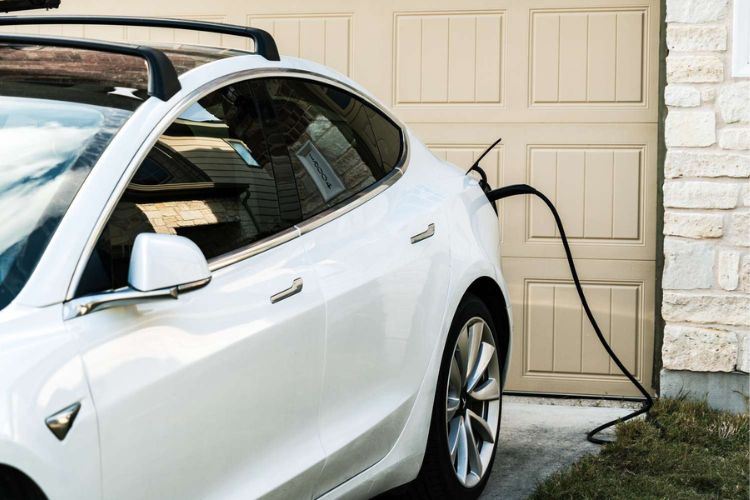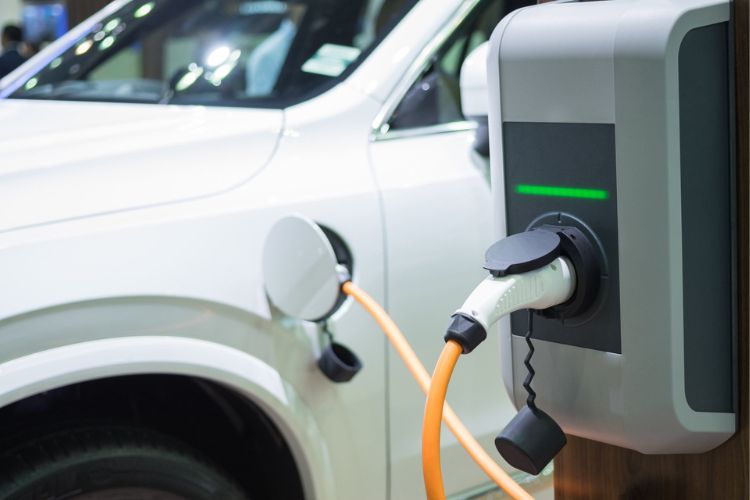
Get started with us, You will need a good plan !
- 166 Geary Street San Francisco, California 94108
Get started with us, You will need a good plan ! GET STARTED
166 Geary Street San Francisco, California 94108
Get started with us, You will need a good plan ! GET STARTED
166 Geary Street San Francisco, California 94108
Get started with us, You will need a good plan ! GET STARTED
166 Geary Street San Francisco, California 94108
Get started with us, You will need a good plan ! GET STARTED
166 Geary Street San Francisco, California 94108
Get started with us, You will need a good plan ! GET STARTED
166 Geary Street San Francisco, California 94108
Get started with us, You will need a good plan ! GET STARTED
166 Geary Street San Francisco, California 94108




Many electric vehicle owners wonder how much adding an EV will impact their electricity bills. The truth is that your local electricity rate plays a big role in determining the cost of charging EV at home. Understanding this can help you plan your budget and make smart decisions about when and where to charge.
Knowing how much does electric car raise electric bill helps you see the bigger picture. EVs are often cheaper to operate than gas cars, but costs vary depending on your location, your driving habits, and the type of charger you use. By learning how local electricity rates influence charging costs, you can avoid surprises at the end of the month.
Table of Contents
Toggle
Electric car charge costs depend on several factors. The most obvious is the size of your car’s battery. Larger batteries take more energy to fully charge, which can increase your electricity usage. The type of charger you use also matters. Charging at home with a standard Level 2 charger is usually cheaper than using public fast chargers.
When calculating the cost of charging EV at home, you multiply your battery capacity by your electricity rate. For example, a 60 kWh battery with a 13-cent per kWh rate will cost roughly $7.80 for a full charge. Multiply that by the number of charges each month, and you have a clearer picture of your electric car charge costs.
Electricity rates vary widely across the country. States with higher energy costs make charging an EV more expensive, while areas with low rates offer significant savings. Urban areas often have higher rates due to demand and infrastructure costs, while rural areas may see lower rates.
In Philadelphia, for example, EV owners face slightly higher rates than in some surrounding areas. Understanding Ev charging cost is important if you want to budget accurately. Charging during off-peak hours can also lower costs since many utilities offer time-of-use rates.
Some people ask whether a car battery charges while driving. In electric vehicles, regenerative braking allows the battery to capture energy when slowing down. This helps extend your range slightly, but it does not replace standard charging. Knowing this fact helps set realistic expectations for your electric car charge costs.
Level 3 chargers, also known as DC fast chargers, provide rapid charging for EVs. They are much faster than home chargers but come with higher costs. How much does a level 3 charger cost depends on the model, brand, and installation requirements. Generally, the hardware costs between $10,000 and $50,000, plus professional installation.
These chargers are more common in public spaces than in homes. Businesses use Level 3 chargers to serve multiple EVs quickly, while homeowners usually rely on standard home chargers. Knowing the cost helps you decide whether investing in fast charging is worth it.

Most EV owners do the majority of charging at home. The cost of charging EV at home is generally lower than at public stations, and it offers convenience. On average, home charging ranges from $30 to $70 per month for typical daily driving.
Factors affecting the cost of charging EV at home.
By monitoring your electricity usage, you can estimate how much does electric car raise electric bill and adjust habits to save money.
There are simple ways to manage your monthly spending on EV charging.
Selecting the right charger for your home is key. Look for features like safety protections, compatibility with your EV, and the ability to schedule charging times. Some chargers allow you to optimize for lower electricity rates.
If you want a reliable solution, check out the best ev car charger to reduce electric car charge costs and stay efficient.
While home charging is usually cheaper, public charging stations offer convenience, especially for long trips. Level 2 public chargers cost more per kWh, and Level 3 fast chargers are even higher. By combining home charging with occasional public charging, you can balance cost and convenience.
Understanding the cost of charging EV at home versus public stations helps you make smart decisions about when and where to charge.

Planning your driving and charging habits helps control costs. Short daily trips are cheaper to charge than long commutes. Monitor your electricity usage and take advantage of energy-saving features in your EV.
Knowing how much does a level 3 charger cost at public stations helps when planning road trips. By anticipating costs, you can avoid unexpected bills and ensure your EV is ready when needed.
The cost of charging EV at home is manageable for most drivers and often cheaper than fueling a gas car. By understanding your local electricity rates, choosing the right charger, and planning your charging schedule, you can control expenses while enjoying the benefits of driving electric.
Whether you are wondering how much does electric car raise electric bill or considering installing a home charger, understanding your energy use is key. With proper planning and efficient charging, owning an EV can be both convenient and economical.
Those who are looking for efficient EV chargers or reliable car care can trust CarComfort LLC for professional and convenient services. Their solutions make charging and maintenance simple and stress-free.
Can I use a standard outlet to charge my EV?
Yes, most EVs can charge using a standard 120-volt outlet, but it’s slower compared to Level 2 chargers.
How long does it take to fully charge an EV at home?
Charging time depends on the battery size and charger type. Level 1 may take 12-24 hours, while Level 2 can take 4-10 hours.
Are smart EV chargers worth it?
Yes, smart chargers help schedule charging during off-peak hours, monitor energy use, and optimize efficiency, reducing overall electric car charge costs.
Can EV charging affect my home electrical panel?
Adding a Level 2 charger may require panel upgrades if your system cannot handle the extra load safely.
Is it cheaper to charge at home than at public stations?
Generally, yes. Home charging uses your utility rates, which are usually lower than public Level 2 or Level 3 charging fees.